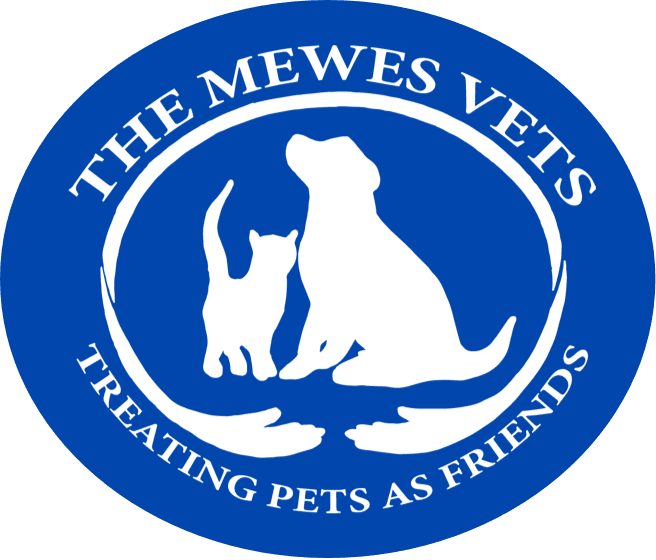Sunshine is not just uplifting for our mood.
It performs the vital function of creating most of the vitamin D that our bodies need.
Low levels of vitamin D have been connected in people with osteoporosis, depression, and poor immunity to infection.
With more people staying at home, and less holidays in the sunshine these last two years, vitamin D deficiency is an issue that many are facing.
As a result, demand for vitamin D supplements and prescribed treatments for people are increasing.
These products – especially prescribed preparations – pose great risk to dogs, who are very sensitive to some compounds of vitamin D. Certain types mainly found in psoriasis creams for people, only require very small quantities to be ingested to cause significant toxicity in dogs.
Luckily, I have not yet personally seen a case relating to this type of accidental ingestion.
We have a subscription for a service called the Veterinary Poisons Information Service (VPIS). There are so many things that a pet might swallow by mistake that are poisonous, I cannot memorise the symptoms and treatment for them all. So it’s a real benefit to have access to a central service that records incidents, and offers advice.
The number of enquiries to the VPIS service regarding vitamin D have increased over recent years, and they are anticipating a further rise, with lockdown measures, winter months and travel restrictions reducing our exposure to sunlight.
Clinical signs of vitamin D toxicity tend to occur within a few hours of ingestion, and an excessive thirst may be the first sign.
Following this, profuse vomiting and diarrhoea as well as depression, lethargy and an urgency to pee a great deal may develop.
From 12 hours onwards, the heart muscle starts to struggle, kidney problems develop and dogs may start to vomit up blood.
Puppies and dogs with pre-existing renal dysfunction are predisposed to vitamin D toxicity.
If you suspect your pet has eaten some medication of yours, you should always consult your vet.
Our first aid courses for pet owners includes the actions to take in the case of a suspected poisoning. To find out how to book, go to themewesvets.co.uk/events .





